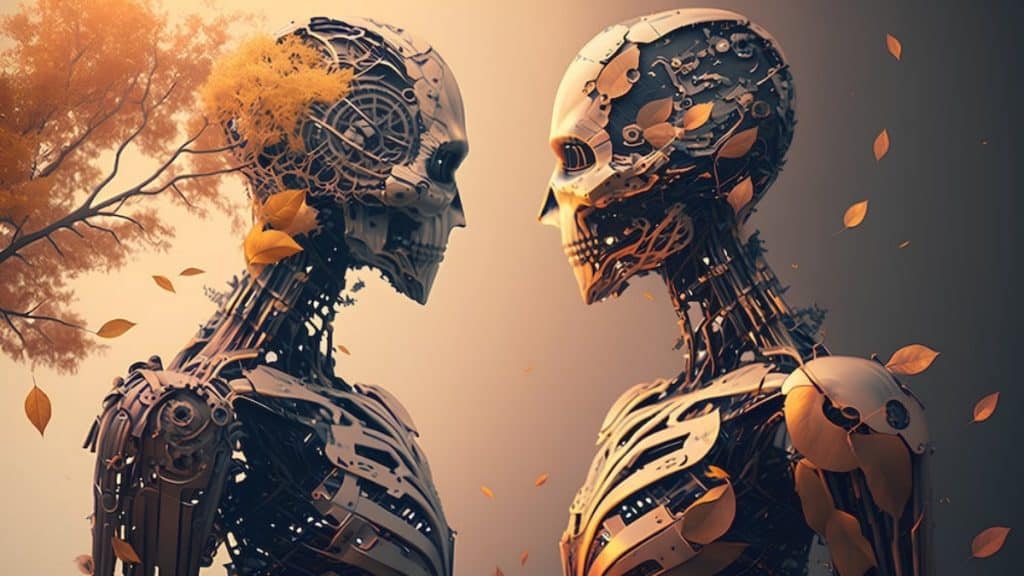Artificial intelligence, most commonly referred to as AI these days, has not only taken the world by storm, but it’s also rapidly transforming the entertainment industry, offering innovative tools and capabilities that were once the thing of fantasy and science fiction.
From deepfakes to virtual actors, AI is pushing the boundaries of creativity and realism in ways that are exciting, on the one hand, while simultaneously frightening and ethically complex, on the other.
As these technologies become increasingly advanced and more and more prevalent, it’s crucial to consider the ethical implications and challenges that they present.
Deepfakes: The Double-Edged Sword
Deepfake technology uses AI to create highly realistic digital forgeries, allowing for the seamless replacement of one person’s face with another person’s face in images and videos. This technology has the potential to revolutionise entertainment by allowing astounding visual effects and resurrecting deceased actors for brand-new roles. However, it also raises some very clear and very real ethical concerns.
On the positive side, deepfakes can be used to create very convincing visual effects that enhance storytelling. For example, filmmakers can digitally de-age actors with incredible accuracy. This opens up a plurality of opportunities for creative expression, and it can make previously unfeasible projects a reality.
On the other hand, however, deepfakes can also be used by people with more malicious intent to create harmful and misleading content. The potential for misuse includes creating fake news, manipulating public opinion and infringing on individuals’ consent and privacy. For instance, many actors and actresses are becoming concerned that their role in the entertainment industry may become redundant since they can use AI to generate their faces rather than pay more to hire actual individuals.
Indeed, the ethical dilemma lies in balancing the creative and beneficial uses of deepfakes with the need to prevent the exploitation of the technology for nefarious purposes.
Consent and Intellectual Property
Matters of consent and intellectual property also arise in this discussion, bringing up the notion that anybody who is replicated using AI technology needs to provide consent for this to happen. For example, some actors and actresses’ likeness are used in everything from real money pokies to adverts for coffee. Also, the intellectual property rights of digital performances must be clearly defined.
Virtual Actors
It seems completely outlandish, but AI-driven virtual actors are another groundbreaking development in the entertainment industry that is nothing short of incredible. These digital entities can perform alongside human actors, offering a level of flexibility and creativity that was previously unattainable. Virtual actors may be completely AI-generated, or they could be based on real people. One potential bonus of virtual actors is that they can be used to perform stunts that are too dangerous for real people.
However, on the flip side, a major ethical consideration to take into account is the potential impact on the labour market for human actors. That is, virtual actors can reduce production costs and expand creative possibilities, therefore raising real concerns about job displacement.
Transparency and Accountability
Transparency is a crucial part of ensuring that AI entertainment is trusted. That means that audiences should be informed when they are viewing content that includes deepfakes or virtual actors, and people need to be held accountable for the misuse of AI technologies.
Angela Spearman is a journalist at EzineMark who enjoys writing about the latest trending technology and business news.
